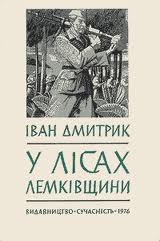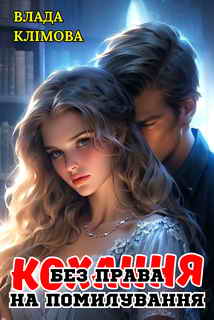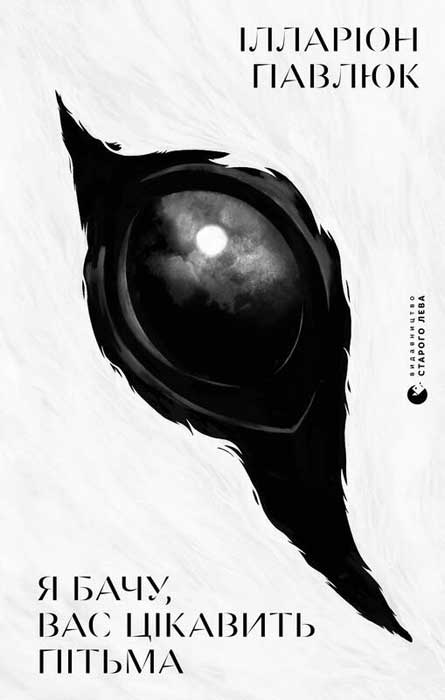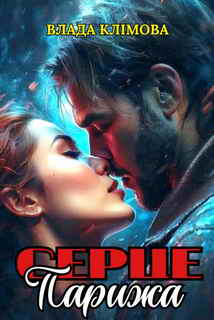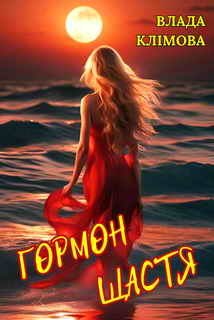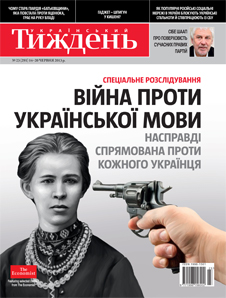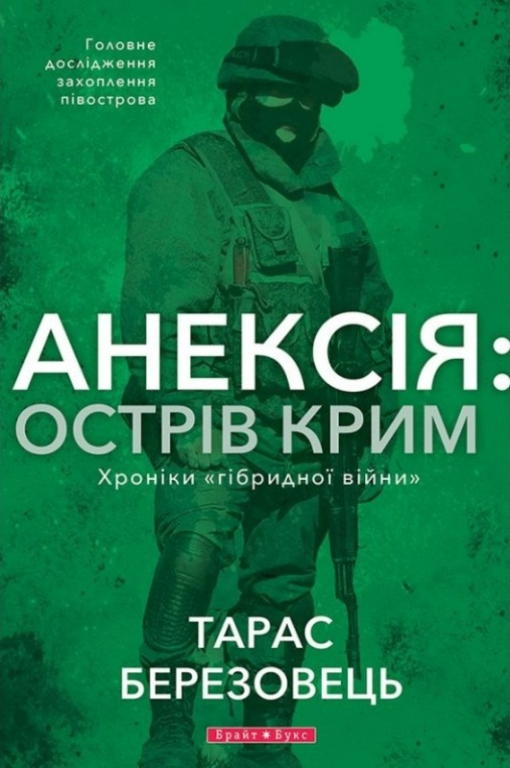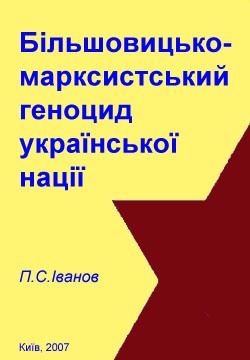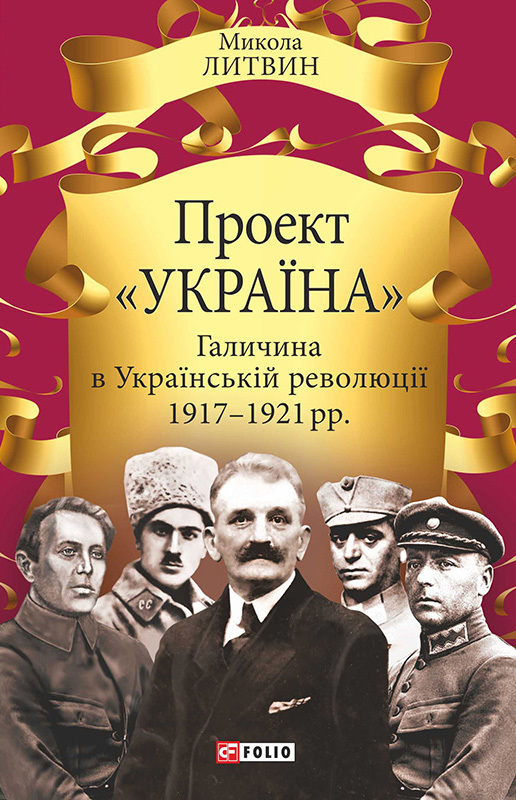Тарас Кузьо - Війна Путіна проти України. Революція, націоналізм і криміналітет
Шрифт:
Інтервал:
Добавити в закладку:
Vanderhill, Rachel, ‘Active Resistance to Democratic Diffusion’, Communist and Post-Communist Studies, vol. 50, no. 1 (March 2017), pp. 41–51.
Vojtíšková, Vladislava, Novotný, Vít, Schmid-Schmidsfelden, Hubertus and Potapov, Kristina, The Bear in Sheep’s Clothing: Russia’s Government-Funded Organisations in the EU (Brussels: Wilfried Martens Centre for European Studies, 2016).
Yermolenko, Volodymyr, ‘Russia, Zoopolitics, and Information Bombs’, in Andrew Wilson, ed., What Does Ukraine Think? (London: European Council on Foreign Relations, 2015), pp. 72–79.
Way, Lucan, ‘The Limits of Autocracy Promotion: The Case of Russia in the “Near Abroad”’, European Journal of Political Research, vol. 54, no. 4 (November 2015), pp. 691–706.
Wilson, Jeane L, ‘The Legacy of the Color Revolutions for Russian Politics and Foreign Policy’, Problems of Post-Communism, vol. 57, no. 2 (March-April 2010), pp. 21–36.
Žielys, Povilas and Rudinskaitė, Rūta, ‘US Democracy Assistance Programs in Ukraine after the Orange Revolution’, Communist and Post-Communist Studies, vol. 47, no. 1 (March 2014), pp. 81–91.
6. ВНУТРІШНЯ ПОЛІТИКА РОСІЇ: ПУТІНСЬКИЙ РЕЖИМ, МІЛІТОКРАТІЯ, КЛЕПТОКРАТІЯ І НАЦІОНАЛІЗМ
Bateman, Aaron, ‘The Political Influence of the Russian Security Services’, Journal of Slavic Military Studies, vol. 27, no. 3 (September 2014), pp. 380–403.
Bukkvoll, Tor, ‘Why Putin Went to War: Ideology, Interests and Decision-Making in the Russian Use of Force in Crimea and Donbas’, Contemporary Politics, vol. 22, no. 3 (July 2016), pp. 267–282.
Cameron, David R. and Orenstein, Mitchell A., ‘Post-Soviet Authoritarianism: The Influence of Russia in its “Near Abroad”’, Post-Soviet Affairs, vol. 28, no. 1 (January 2012), pp. 1–44.
Clover, Charles, Black Wind, White Snow: The Rise of Russia’s New Nationalism (New Haven, CT: Yale University Press, 2016).
Dawisha, Karen, ‘Is Russia’s Foreign Policy That of a Corporatist-Kleptocratic Regime?’ Post-Soviet Affairs, vol. 27, no. 4 (October 2011), pp. 331–365.
Dawisha, Karen, Putin’s Kleptocracy: Who Owns Russia? (New York: Simon & Schuster, 2015).
Francis, Diane, ‘Stolen Future’, Atlantic Council (May 2016).
Galeotti, Mark and Bowen, Andrew S., ‘Putin’s Empire of the Mind’, Foreign Policy, 21 April 2014.
Gaufman, Elizaveta, ‘World War II 2.0: Digital Memory of Fascism in Russia in the Aftermath of Euromaidan in Ukraine’, Journal of Regional Security, vol. 10, no. 1 (2015), pp. 17–36.
Gaufman, Elizaveta, ‘Memory, Media, and Securitization: Russian Media Framing of the Ukrainian Crisis’, Journal of Soviet and Post-Soviet Politics and Society, vol. 1, no. 1 (2015), pp. 141–174.
Joo, Flyung-min, ‘The Soviet Origin of Russian Chauvinism: Voices from Below’, Communist and Post-Communist Studies, vol. 41, no. 2 (June 2008), pp. 217–242.
Kryshtanovskaya, Olga and White, Stephen, ‘Putin’s Militocracy’, Post-Soviet Affairs, vol. 19, no. 4 (January 2003), pp. 289–306.
Kupatadze, Alexander, Organized Crime, Transitions and State Formation in Post-Soviet Eurasia (London: Palgrave Macmillan, 2012).
Laruelle, Marlene, ‘The Ukrainian Crisis and Its Impact on Transforming Russian Nationalism Landscape’, in Agnieszka Pikulicka-Wilczewska and Richard Sakwa, eds., Ukraine and Russia: People, Politics, Propaganda and Perspectives (Bristol: E-International Relations, 2015), pp. 123–128.
Laruelle, Marlene, ‘Russia as a “Divided Nation”, from Compatriots to Crimea: A Contribution to the Discussion on Nationalism and Foreign Policy’, Problems of Post-Communism, vol. 62, no. 2 (March 2015), pp. 88–97.
Laruelle, Marlene. ‘The Three Colors of Novorossiya, or the Russian Nationalist Mythmaking of the Ukrainian Crisis’, Post-Soviet Affairs, vol. 32, no. 1 (January 2016), pp. 55–74.
Makarychev, Andrey and Yatsyk, Alexandra, ‘The Four Pillars of Russia’s Power Narrative’, The International Spectator, vol. 49, no. 4 (October 2014), pp. 62–75.
Motyl, Alexander J., ‘The Myth of Russian Nationalism’, in Sovietology, Rationality, Nationality: Coming to Grips with Nationalism in the USSR (New York: Columbia University Press, 1990), pp. 161–173.
Motyl, Alexander J., ‘Fascistoid Russia: Putin’s Political System in Comparative Context’, in Susan Stewart, Margarete Klein, Andrea Schmitz, and Hans-Henning Schroder, eds., Presidents, Oligarchs and Bureaucrats: Forms of Rule in the Post-Soviet Space (Farnham, UK: Ashgate, 2012), pp. 107–124.
Motyl, Alexander J., ‘Putin’s Russia as a Fascist Political System’, Communist and Post-Communist Studies, vol. 49, no. 1 (March 2016), pp. 25–36.
Ostrovsky, Arkady, The Invention of Russia: The Journey from Gorbachev’s Freedom to Putin’s War (London: Atlantic Books, 2015).
Riley, Alan, Ukraine v. Russia and the Kleptocrats: The Legal Route to Recover Russia’s Losses (Washington, DC: Atlantic Council, 2016).
Shevtsova, Lilia, ‘The Russian Factor’, Journal of Democracy, vol. 25, no. 3 (July 2014), pp. 74–82.
Shlapentokh, Dmitry V., ‘Implementation of an Ideological Paradigm: Early Duginian Eurasianism and Russia’s Post-Crimean Discourse’, Contemporary Security Policy, vol. 35, no. 3 (September 2014), pp. 380–399.
Skak, Mette, ‘Russian Strategic Culture: The Role of Today’s Chekisty’, Contemporary Politics, vol. 22, no. 3 (July 2016), pp. 324–341.
Strasheim, Julia, ‘Power-Sharing, Commitment Problems, and Armed Conflict in Ukraine’, Civil Wars, vol. 18, no. 1 (January 2016), pp. 25–44.
Svarin, David, ‘The Construction of “Geopolitical Spaces” in Russian Foreign Policy Discourse before and after the Ukraine Crisis’, Journal of Eurasian Studies,
Увага!
Сайт зберігає кукі вашого браузера. Ви зможете в будь-який момент зробити закладку та продовжити читання книги «Війна Путіна проти України. Революція, націоналізм і криміналітет», після закриття браузера.
